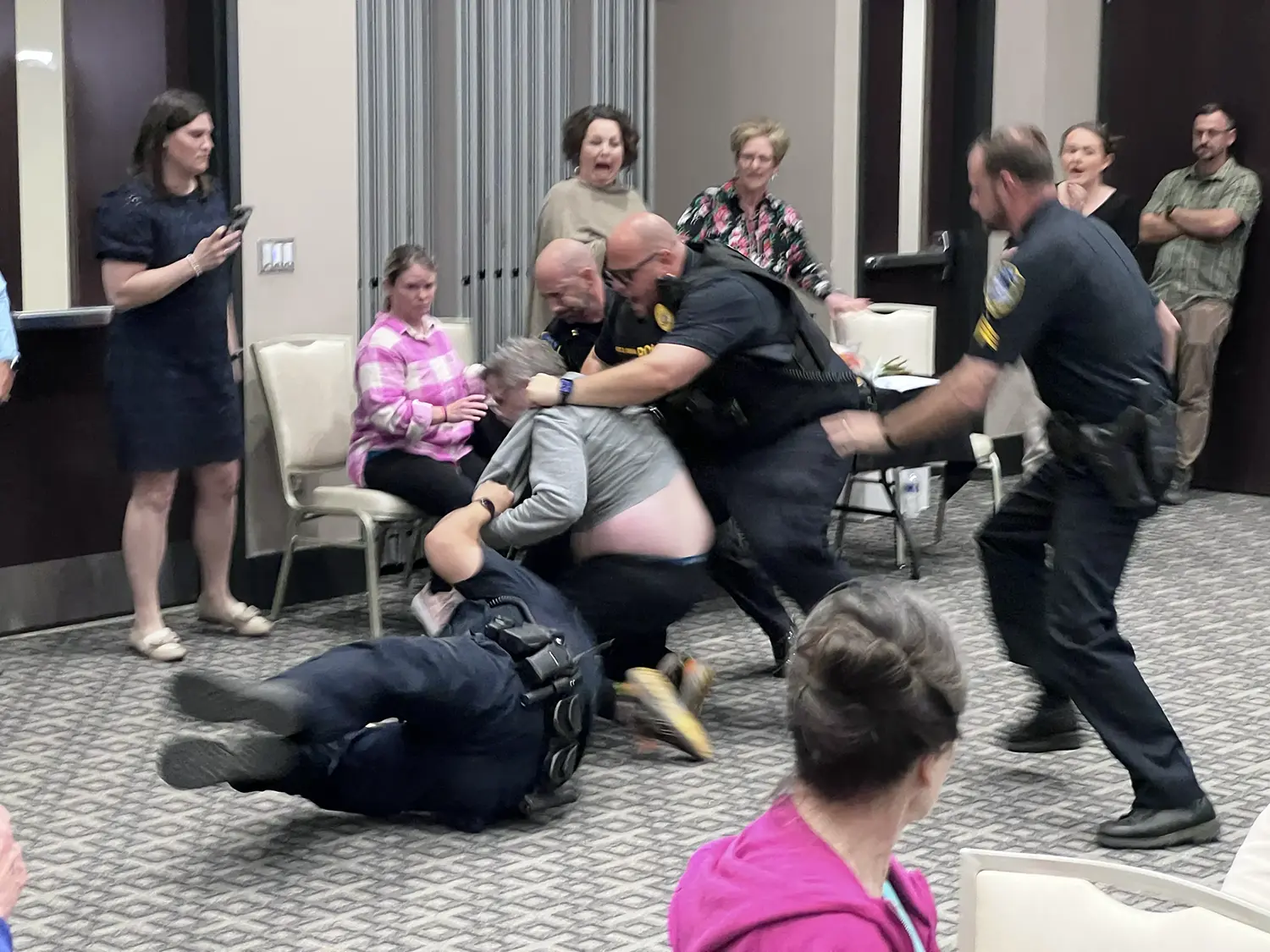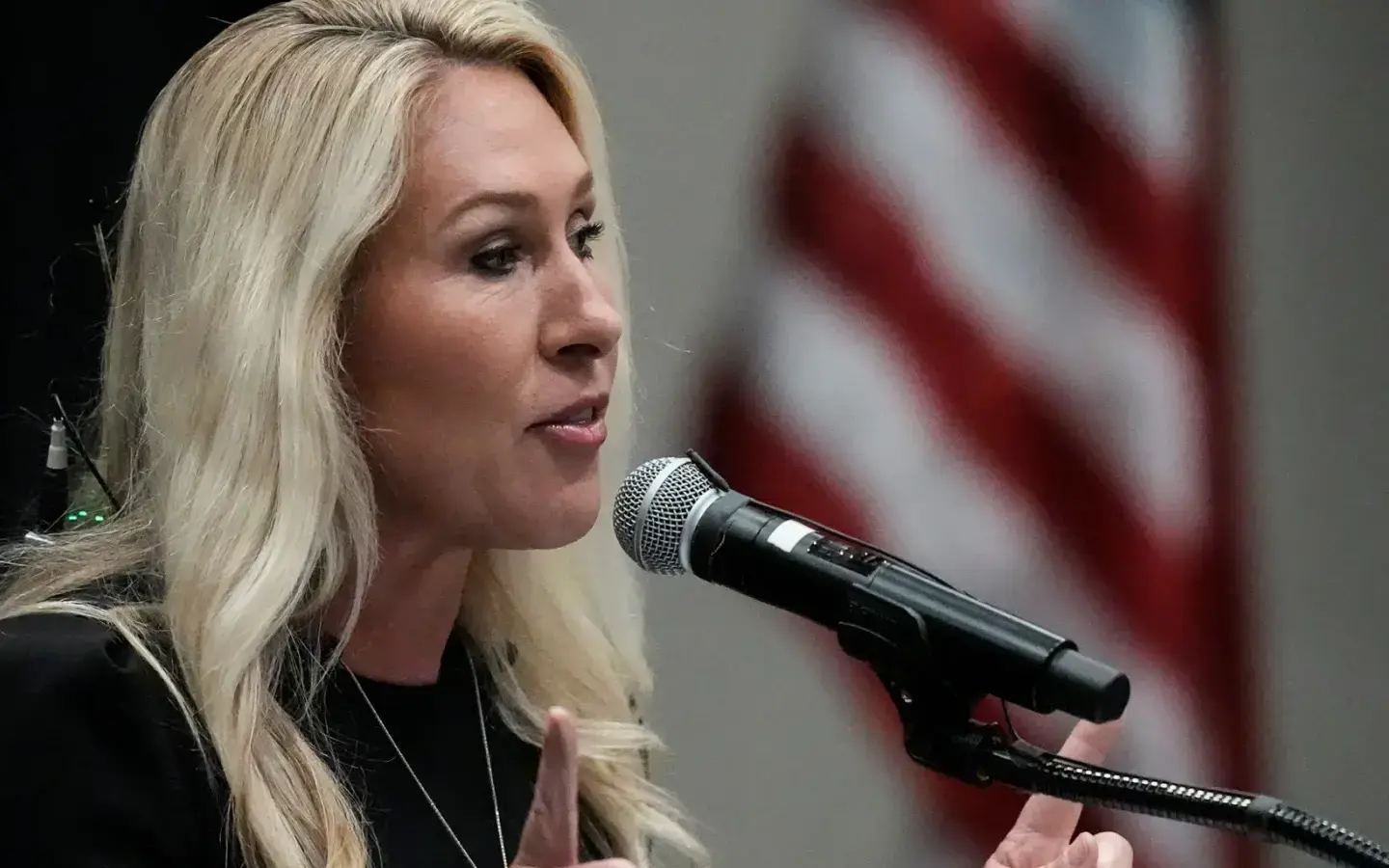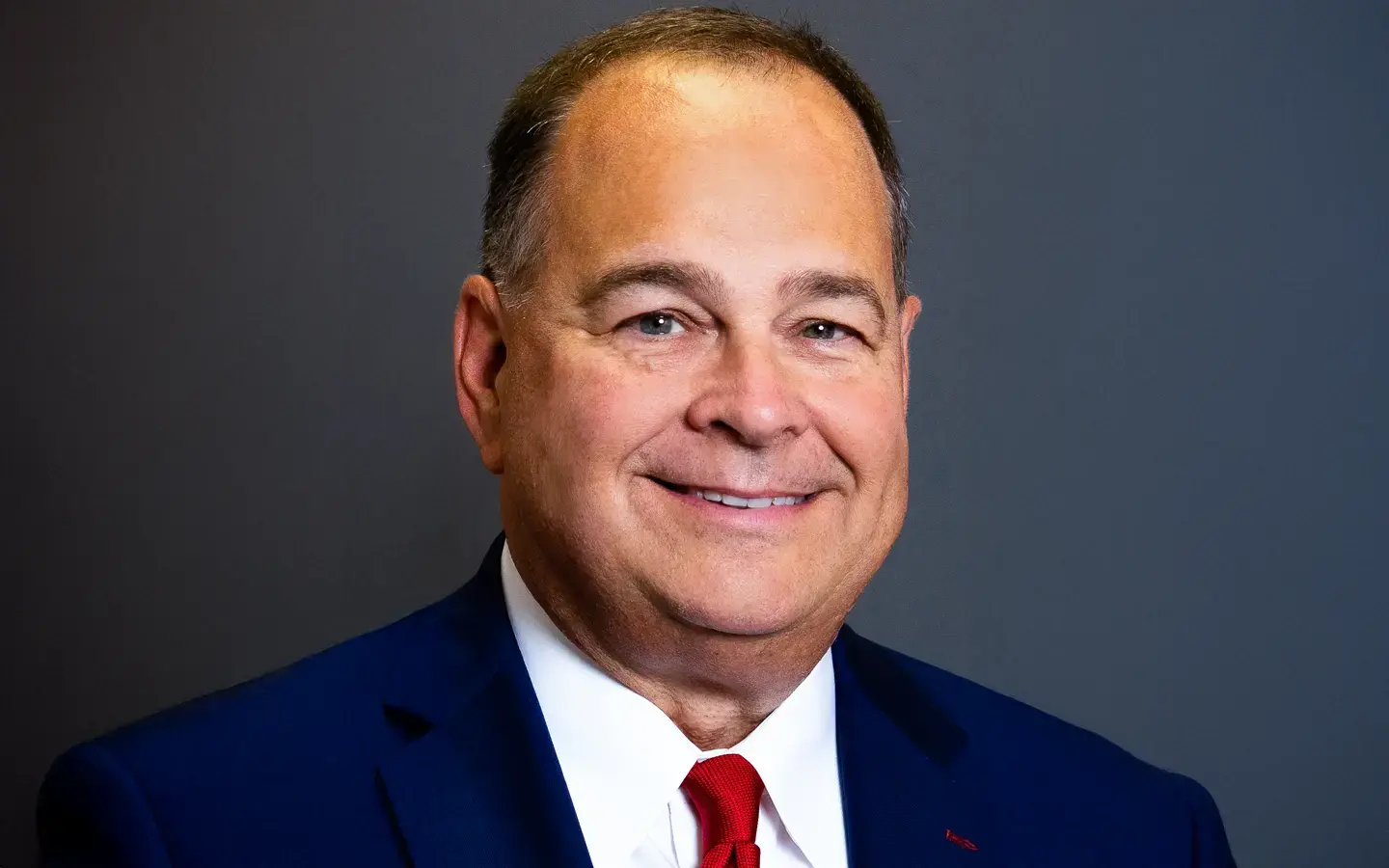Thursday, January 30, 2025- Lawmakers took up gender and school athletics legislation as the first bill filed in the 2025 session. The Senate Education and Youth Committee heard and passed Senate Bill 1, also called the “Fair and Safe Athletic Opportunities Act,” which would prohibit students from competing on teams that do not match the gender on their birth certificates. State Senator Ed Setzler is the lone Cobb County member on the committee.
Some critics argue that many of the proposed restrictions already exist at the high school level after the state empowered the Georgia High School Association to enforce similar rules in 2022. However, supporters counter that SB 1 would codify these regulations into law for both middle and high schools and could extend them to higher education. The bill would also apply to private schools that compete against public schools.
Sen. Greg Dolezal, R-Cumming, the bill’s chief sponsor and chairman of a special legislative committee that studied the issue last year, stated, “SB 1 would put a boundary around women’s sports that excludes those who have a male advantage.”
According to the Senate version of the bill, access to restrooms, locker rooms, changing rooms, and shower rooms would be restricted based on the sex assigned on a person’s birth certificate. Additionally, males would not be allowed to participate on male-designated teams, while females may be allowed to compete on male teams if no female equivalent exists for a particular sport. The bill does not impact coed sports.
Supporters of the proposed law emphasize that it would apply to both public and private schools that compete against publicly funded institutions. They also highlight that public schools failing to comply would risk losing state funding. A full copy of the bill can be found here.
Democrats on the Senate Education and Youth Committee opposed the bill, arguing that lawmakers should focus on addressing learning loss instead. The bill would empower parents to file complaints against athletes, and Sen. RaShaun Kemp, D-Atlanta, expressed concerns that girls misidentified as male could face taunting, leading to negative mental health consequences.
Several current and former female college swimmers spoke in support of the measure via Zoom during the Senate committee hearing. They shared concerns about competing against Lia Thomas, a transgender student born male, at a 2022 NCAA swim meet at Georgia Tech and being forced to share a locker room with Thomas. “This was the pinnacle of our competing careers, but it wasn’t just about losing a trophy or a spot on the podium,” said Kaitlynn Wheeler, a former University of Kentucky swimmer. Wheeler has been vocal across numerous media platforms about the perceived unfairness of allowing biological males to compete in female athletic competitions. She argued, “This issue is about women’s dignity.”
Critics of SB 1 counter that its supporters are focusing on a single high-profile incident and pushing a solution to an issue they claim is not widespread. One opponent of the bill, Aaron Baker, a transgender woman, stated, “It’s so hard to be at a hearing like this and hear people describe me as a biological man because it’s not true. I am hormonally female, I’m phenotypically female, I’m psychologically female, and that is a gross oversimplification of who I am and my identity, and it hurts.”
However, some observers questioned Baker’s testimony, noting that she admitted she is not an athlete and does not personally know any transgender athletes. Critics also pointed out Baker’s claim that “most transgender individuals are not known for being good at sports,” arguing that this perspective does not address the intent of the bill.
Advocating for the bill’s passage, Gwinnett Republican Sen. Clint Dixon stated, “As a father of two young daughters, we’ve got to protect women. We’ve got to protect their sports.” He referenced testimony from female athletes who reported witnessing transgender females with male genitalia changing clothes in female locker rooms, which they described as a “horrific sight.”
Dr. Jodi Greenwald a pediatrician in Roswell, opposed the bill, stating, “Transgender girls are not predators. They’re children, they’re students.” She argued that excluding transgender students from sports could lead to social ostracization, depression, and increased suicide risk.
Former Georgia Tech student and transgender activist Delfina Booth also opposed SB 1, stating, “Sports are already managed by expert organizations like the NCAA, the International Olympic Committee, and professional leagues.”
The vote to pass SB 1 out of committee was 9-3, with Sen. Freddie Powell Sims, D-Dawson, being the lone Democrat to join the Republican majority. The bill now heads to the full Senate.
The next step in the legislative process will be a joint meeting of the House Education and Senate Education committees on Monday, February 3, 2025, at 1:00 p.m. in Room 506 of the Coverdell Legislative Office Building (agenda).







